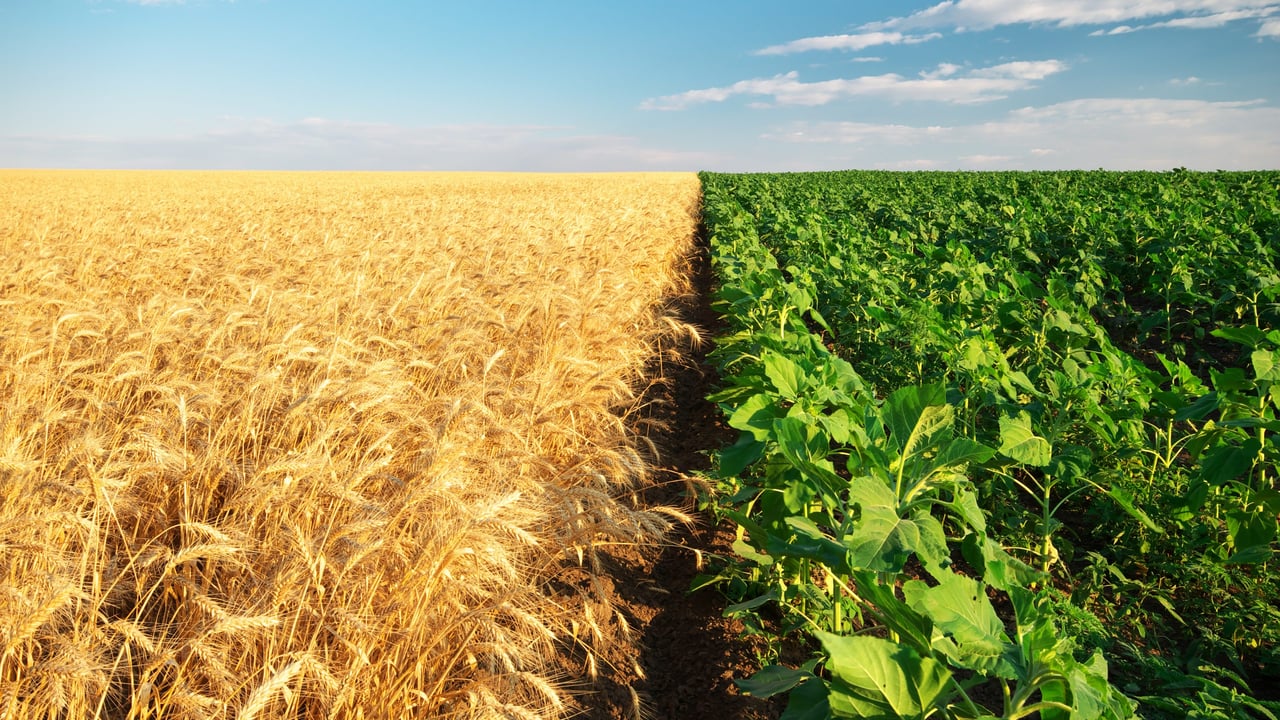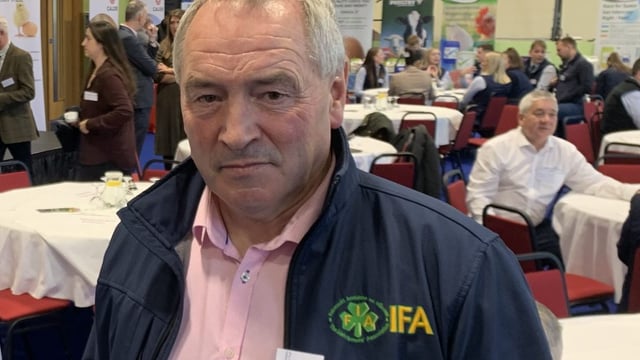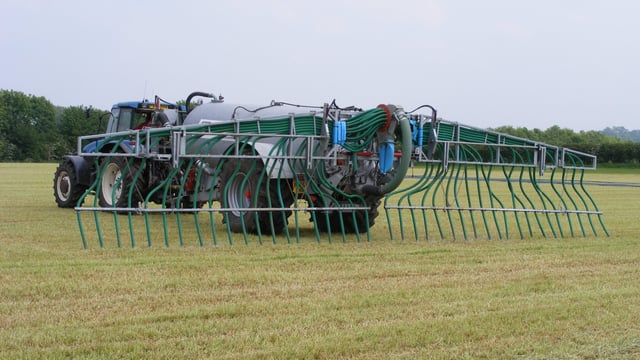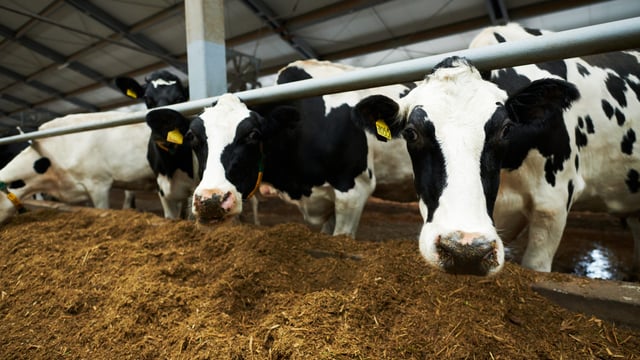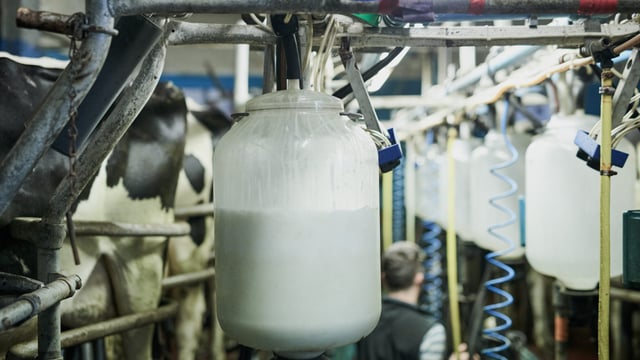RaboBank: ‘Agriculture is no longer playing by supply-and-demand rules’
Global agriculture is entering a new phase where geopolitics – not traditional market forces – will dictate trade flows, prices, and production decisions according to a new report.Rabobank’s Agri Commodity Outlook 2026 describes a world as “a battlefield between two spheres of influence; the US and China”.“Agriculture is no longer playing by supply-and-demand rules, it’s playing by geopolitical ones,” said Carlos Mera, head of agri commodity markets research at Rabobank.
“We are only at the beginning of the middle game," he warned.
Global agriculture
According to Rabobank, governments across the world – from the US and Brazil to Indonesia, Argentina, and Russia – have “intensified agricultural support programs through direct payments, minimum price guarantees, and biofuel mandates.
“This widespread protection has muted the reaction of farmers to low prices and will likely sustain high total planted areas, keeping global grain and oilseed prices subdued for 2026.”
Diverging markets
Rabobank also reports that the tariff war’s unintended effects on agriculture are still being corrected.
US authorities are reviewing tariffs on products the country does not produce – such as coffee and cocoa – which could ease costs for consumers and restore trade flows from producing nations.
Wheat
The report finds that the 2025/26 season marks the first global wheat surplus in six years, with output up by 25 million metric tons.
However, it said, lower prices are likely to trigger area reductions, leading to a projected 4 million metric ton deficit in 2026/27.Wheat prices are expected to remain constrained by cheap corn, though adverse weather or renewed geopolitical tension could lift them.
Uncertainty
According to Carlos Mera the world is only at the beginning of the “middle game” of this geopolitical struggle.
“We foresee continued trade disruptions, fluctuating regional prices, heavy government intervention, and a high probability of unexpected events.
“Farmers, traders, and policymakers alike must prepare for a world where trade is disrupted and the unexpected is now the baseline," he added.

